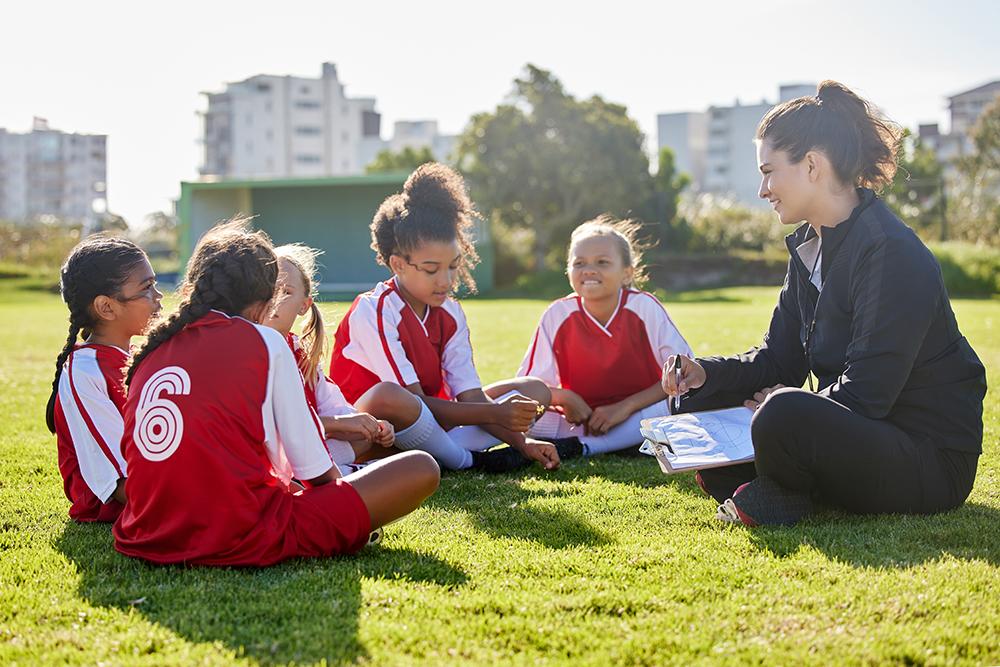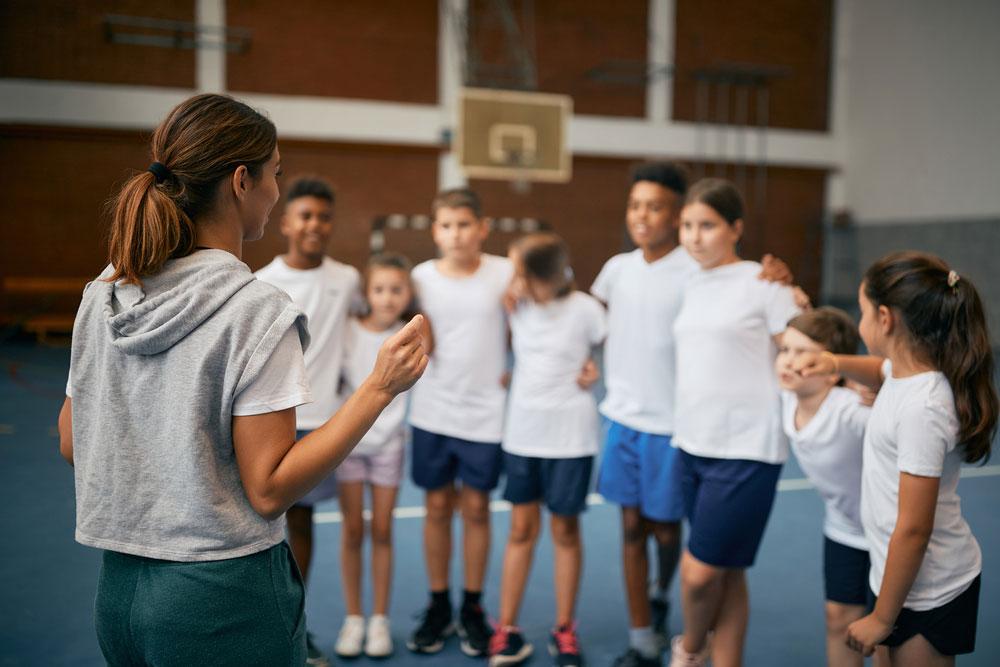 How do you help a student-athlete who’s struggling to keep all the balls in the air—literally and figuratively—as they balance multiple sports? As parents, the focus should be more on the mental side of the game versus the physical.
How do you help a student-athlete who’s struggling to keep all the balls in the air—literally and figuratively—as they balance multiple sports? As parents, the focus should be more on the mental side of the game versus the physical.
Dr. Patrick Cohn, mental training expert and sports psychologist at Peak Performance Sports, is no stranger to the multi-sport lifestyle. In school, he juggled almost every sport, from football to baseball, and now says that while some athletes still play more than one sport, the other multi-sport conundrum is when a student-athlete is playing for multiple teams.
“It benefits athletes to be in multiple sports, as long as they have good time management and they get enough time off to recover, do schoolwork, and have social time,” he says. “I think multiple sports help develop stronger, more well-rounded athletes.”
So how can you help your student-athlete find the right balance? Here are Dr. Cohn’s top seven recommendations for parents:
1. Communicate effectively
One of the biggest issues is when coaches are unaware that a student-athlete is playing multiple sports. Some sport seasons run right into each other. For example, cross-country running and cross-country skiing seasons often overlap by a week or two, leaving athletes zero rest time.
If coaches are informed that an athlete is just finishing a season, the prep for the next sport will likely change. Parents can communicate with coaches to help create a schedule that has the student-athlete’s best interests in mind, even if it means less playing time for him or her.
2. …But also teach effective communication
Student-athletes can’t always rely on their parents to create a path for them. Try to move away from phoning the coach or confronting them after practice when your athlete is having trouble balancing their commitments. Your focus should be on teaching your child how to speak up and advocate for themselves as conflicts come up.
“I coach my athletes on how to communicate with coaches, because they’re scared!” says Dr. Cohn. He also points out that this approach will serve them better later in life. “If parents are always reaching out to coaches, it’s hard to develop those life skills of being able to lead or communicate.”
3. Make sure your athlete gets one free day per week
“I think every athlete needs one day a week with no practice or competition,” Dr. Cohn says. “They need the time to catch up on school and just relax and have a normal social life.” You can help maintain that balance by making sure your athlete—and their coaches—are aware of which day of the week is kept set aside.
4. Watch out for perfectionist tendencies
“Perfectionism is a double-edged sword,” says Dr. Cohn. “Parents need to be on the lookout for that tendency. Perfectionist athletes are more likely to feel anxious or upset, and more worried about what others think of them. I want to see athletes being able to manage expectations, not feeling a lot of pressure, and focusing on the process, not the results.”
Perfectionism can cause an athlete to ‘check out,’ Dr. Cohn adds — meaning the athlete is so frustrated that things aren’t going his way that he just gives up. If you notice your athlete having a tough time, talk to them and the coach as well.
5. Teach time management
As adults, we often forget how hard it can be to juggle a tough course-load with a brutal practice schedule, says Dr. Cohn. That’s why it’s vital for parents to teach their athletes about time management.
Encourage your athlete to create calendars that account for homework and training. But don’t simply do the scheduling for your athlete. According to Dr. Cohn, “Young athletes need routines and schedules, and they need to be able to manage those schedules themselves, not just rely on parents to control their schedule.”
6. Look for signs of stress and burnout
“If an athlete is doing well in practice and under-performing in competition, or looking distracted, not focused, tentative, playing scared, those are signs that your athlete is getting too stressed in competition, and that’s something you need to address,” says Dr. Cohn.
Look for subtle shifts in behavior, like trouble sleeping or more frequent bad moods or emotional distress. Burnout can lead athletes to leave sport if overlooked but catching it early and taking a short period of time away from practice and competition can save your athlete’s season and love of sport.
7. Teach mindfulness strategies
You likely don’t need to teach your student-athlete how to pitch, or how to run a 100-meter dash. But you can help make sure that your athlete is having fun, “not feeling pressured, anxious or stressed most of the time,” Dr. Cohn says.
There are plenty of great mindfulness strategies that are easily available, like using the Headspace meditation app. Seeking professional help from a sports psychologist to address anxiety is also an option.
_____
At the end of the day, being a supportive parent to your young multi-sport athlete can help alleviate the pressure from balancing multiple sports while also keeping up with school work.
These tips can help you create a safe, supportive environment for your athletes to thrive in.



